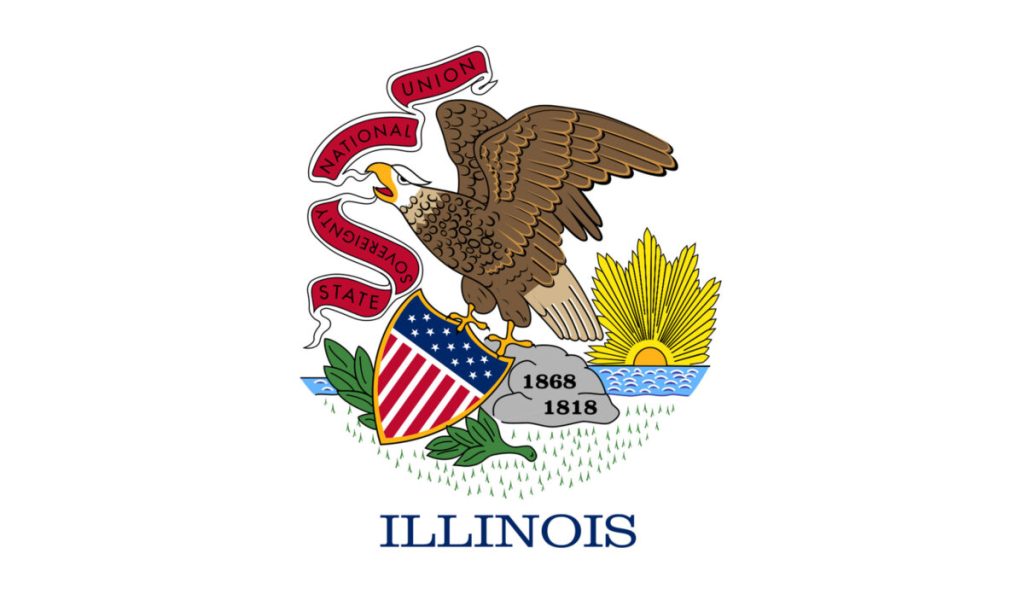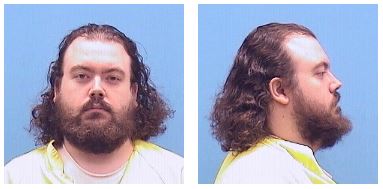Measures attempt to give voters direct say in legislative process
By PETER HANCOCK
Capitol News Illinois
Republicans in the Illinois Senate have again introduced a package of proposed constitutional amendments that they argue would give voters more of a direct say in the legislative process.
“We’re reintroducing these constitutional amendments in order to really put the people back in charge again,” Senate GOP Leader Dan McConchie, of Hawthorn Woods, said during a virtual news conference Tuesday.
The package includes a renewed call for an independent redistricting commission. Other amendments would give voters greater power to amend the Illinois Constitution, as well as the power to repeal legislation and the power to recall elected officials at all levels of government.
Specifically, Senate Joint Resolution Constitutional Amendment 13 would remove the current requirement that each Senate district be divided into two House districts and would incorporate provisions of the federal Voting Rights Act of 1965 into the constitution while requiring that districts be compact and contiguous.
It would also establish a 17-member Independent Redistricting Commission to redraw legislative and congressional district lines starting in 2023. The commission members would be drawn from each of the state’s 17 congressional districts and would be made up of seven Democrats, seven Republicans and three unaffiliated voters.
SJRCA 14 would expand the ability of voters to amend the constitution by initiative, by deleting current language that limits such amendments to “structural and procedural subjects” while adding language that would prohibit initiative amendments from altering the Bill of Rights.
In 2016, a sharply-divided Illinois Supreme Court blocked a proposed amendment calling for independent redistricting from going on the ballot, ruling that it changed some of the duties of constitutional officers and therefore went beyond “structural and procedural subjects.”
SJRCA 15 would give voters authority to repeal legislation by referendum. Voters could call for a referendum on any public act, except appropriations measures, by gathering a number of petition signatures equal to 5 percent of the total votes cast for governor in the last gubernatorial election. Today, that threshold would be 227,383 signatures.
And SJRCA 16 would expand the authority to recall elected officials, which is currently limited to the governor. It would allow for the recall of all constitutional officers, state lawmakers, the auditor general and local elected officials. It would also allow voters statewide to remove a speaker of the House or president of the Senate from those posts.
“Over the past year, we’ve seen the majority party use its supermajorities in the General Assembly, not only to push through controversial and extremely partisan legislation, but sometimes do it with little or no notice, and sometimes to do it in the middle of the night when nobody, including the members that are voting on it on the floor, have any idea what’s actually in the legislation,” McConchie said.
Many other states allow for initiatives, referenda and recall petitions. They were especially popular during the Progressive Era of the early 20th Century as a way to combat political corruption. But in more modern times, and with the advent of professional signature gathering firms, they have been criticized for giving special interest groups too much ability to bypass the legislative process to push their own agendas.
McConchie, however, said the GOP’s proposals for Illinois do not go as far as some other states.
“We’ve tried to model this on the way other states have done it successfully,” he said. “For example, in the ability to amend the state constitution, we didn’t go as far as California has, which certainly you could argue has special interests dominate the putting of constitutional amendments on the ballot. We didn’t go that far. We didn’t make it quite as open as that.”
McConchie also noted that many Democrats, who hold supermajorities in both chambers, have supported an independent redistricting commission, although they did not consider one in the most recent redistricting cycle. And it remained unclear Tuesday whether Democrats would consider any of the GOP’s proposals this year.
“I’m sure they will get the appropriate, thorough review,” John Patterson, a spokesman for Senate President Don Harmon, D-Oak Park, said in an email.








